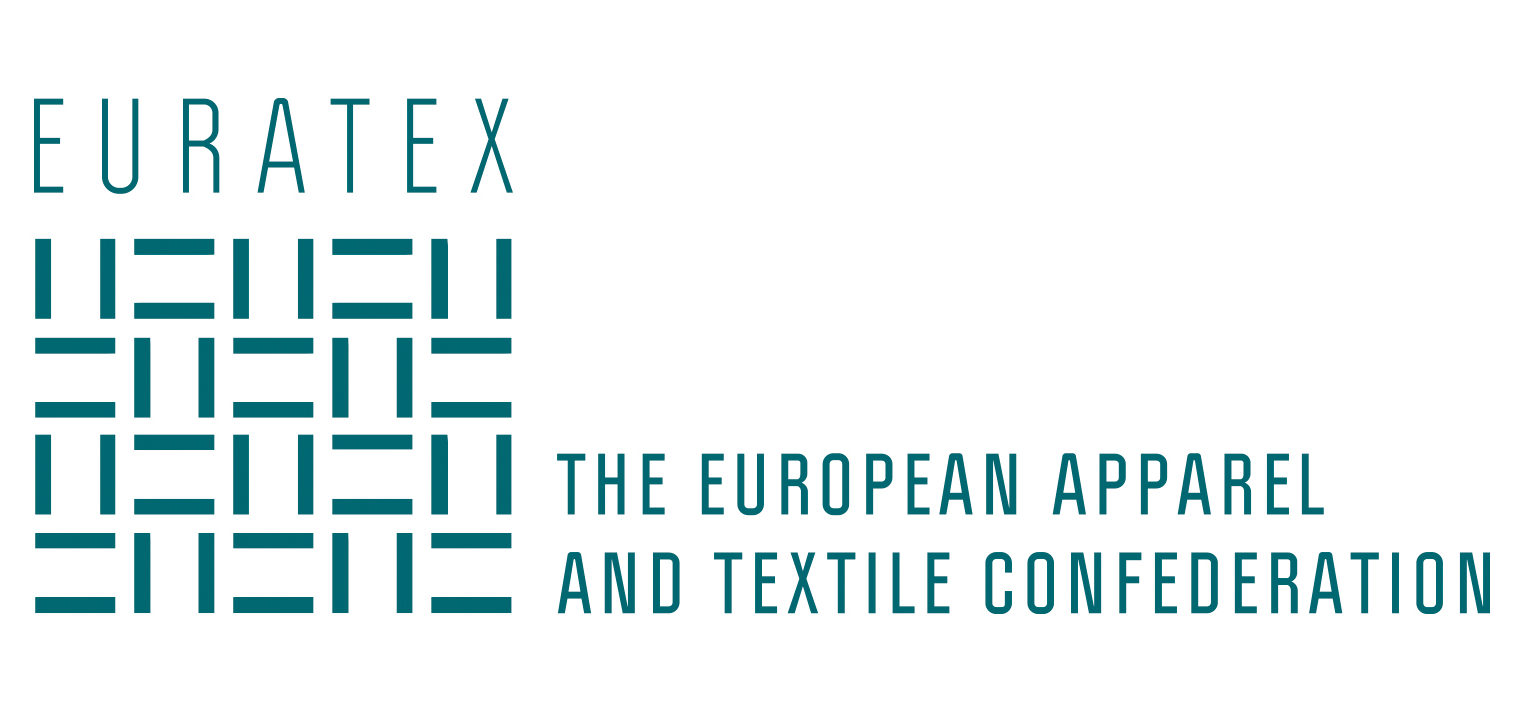
A Strategic Imperative for Europe’s Future
As the European Commission prepares its proposal for the next Multiannual Financial Framework (MFF) for 2028–2034, the Intergroup on the Future of Education and Skills urges the EU to place education and training at the centre of its long-term strategy for competitiveness and resilience.
Despite clear evidence of high returns—both economic and social—education and training remain underfunded across Europe. Public investment falls short of 5% of GDP in most Member States, with the sector experiencing the largest decline in funding post-COVID. This underinvestment risks undermining the EU’s capacity to meet skills demands for the green and digital transitions.
The Intergroup calls for:
- At least 20% of the MFF to be dedicated to education and training.
- A fivefold increase in the Erasmus+ budget, as proposed by Mario Draghi, with specific support for vocational education and training (VET).
- National commitments of 5% of GDP for education and 1% for training.
- Greater flexibility in EU fiscal rules to enable strategic investment in skills and educational infrastructure.
Beyond funding, the EU must broaden its definition of competitiveness to include social cohesion, democratic participation, and sustainability. Lifelong learning, non-formal education, and skills validation mechanisms should be fully supported. Tools such as Individual Learning Accounts can help unlock access for workers not covered by traditional training schemes.
Education is not a cost—it is a strategic investment. The next EU budget must reflect this reality if Europe is to remain globally competitive and socially cohesive.
EURATEX supported the creation of the Intergroup in the European Parliament and fully endorses its work and activities.
The full declaration can be accessed here.
